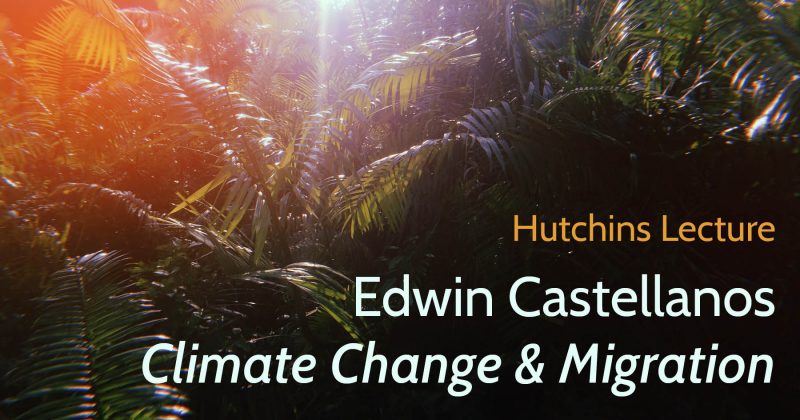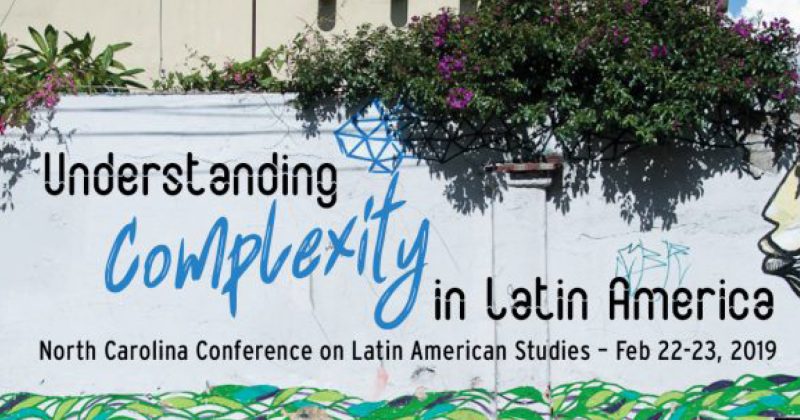News

GLOBAL MIGRATION SEMINAR
February 13, 2019
UNC’s Jess Stanford, a North Carolina-focused demographer claims that migration has been a driving force in North Carolina’s total educational attainment. Between 1990 and 2016, the state’s population of working-age adults (25-64) with an associate degree or higher grew by 1.3 million residents. The majority of these individuals (70%) were born in another state or country (Carolina Demography, 2018).
READ MORE
CLIMATE CHANGE AND MIGRATION LECTURE 2/22
January 31, 2019
Educators, students, and community members: Attend a free, open-to-the-public lecture and event as part of The North Carolina Conference on Latin American Studies. Is Climate Change a Factor in the Recent Migration Events from the Northern Triangle in Central America? A lecture by Edwin Castellanos, climate scientist from the Universidad del Valle, Guatemala on Friday, February 22, 2019 at 6:00 p.m.
READ MORE
REGISTER FOR READING ACROSS CULTURES WEBINARS (GRADES 7-12)
January 29, 2019
Once a month, the World Area Book Awards (Américas Award, Africana Book Award, Freeman Book Award, Middle East Book Award and the South Asia Book Award) will sponsor a 60-minute webinar from 7:00-8:00 p.m. EST.
READ MORE
GEARING UP FOR WORLD VIEW’S LATIN AMERICA AND NORTH CAROLINA SEMINAR
January 29, 2019
As North Carolina’s Hispanic population hovers around one million people, or about 9% of the total population (U.S. Census Bureau 2016 Population Estimates), did you know that the majority (almost 60%) of Hispanics or Latinos in our state are U.S.-born citizens, according to UNC’s Carolina Demography 2017 article The Hispanic/Latino Community in North Carolina?
READ MORE
TEACHING ABOUT CLIMATE CHANGE WORKSHOP 2/23
January 22, 2019
K-12 educators: Join the Consortium in Latin American and Caribbean Studies at UNC-Chapel Hill and Duke University and the Latin American Studies Program at UNC Charlotte for a free, interactive workshop on Saturday, February 23 to share and learn about resources for teaching about climate change.
READ MORE